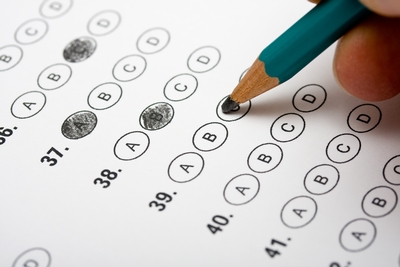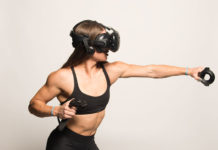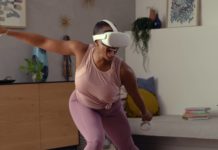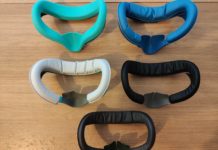What’s the latest weapon to being the smartest kid in the classroom? New research shows that academic tests that utilize virtual reality might predict better than pencil-and-paper tests whether a person has a cognitive impairment and whether that impairment would have consequences in the real world.

The VR test, under development at UTSC, utilizes a computer game environment and asks participants to navigate through various tasks such as running errands or delivering packages. The test was developed by associate professor of psychology Konstantine Zakzanis and his colleagues.
According to Zakzanis, “If we’re being asked to tell if people could do things like work, houseclean, and take care of their kids, we need to show that our tests predict performance in the real world.” This could very well mean the difference between knowing the path to take to living a good life and knowing what path is best for you to live your greatest life!
Standard Test Lack Real World Application
Zakzanis believes standard tests aren’t a good way to predict how successful someone will be in the real world. Current standard tests given to those with disabilities or injuries ask them to solve math problems, remember names, and judge two dimensional spaces. They are able to detect cognitive impairment, but are not all that effective for predicting who will be able to function in reality and who will not. Researchers point out this is a problem if someone is being denied insurance benefits or compensation for a workplace injury based on the results of one of these standard test.
Researchers named the VR test the “Multitasking in the City Task.” Participants used a game controller to move through a virtual environment. In one test, they have 15 minutes to accomplish tasks including shopping, paying bills, and going to the bank. Another has game players delivering packages to offices with incomplete or inaccurate information.

VR Test Predicts Impact of Deficits in Everyday Life
Zakzanis and his team tested the game with a group of 13 people who had suffered a stroke or experienced traumatic brain injury. Participants were also given a questionnaire to determine how much their cognitive deficits impacts their daily lives. The results were published in Applied Neuropsychology: Adult.
The standard test was unable to predict the impact of the deficits on everyday life, but the VR test did. The team of researchers believes further work will show the VR method to be extremely useful.





